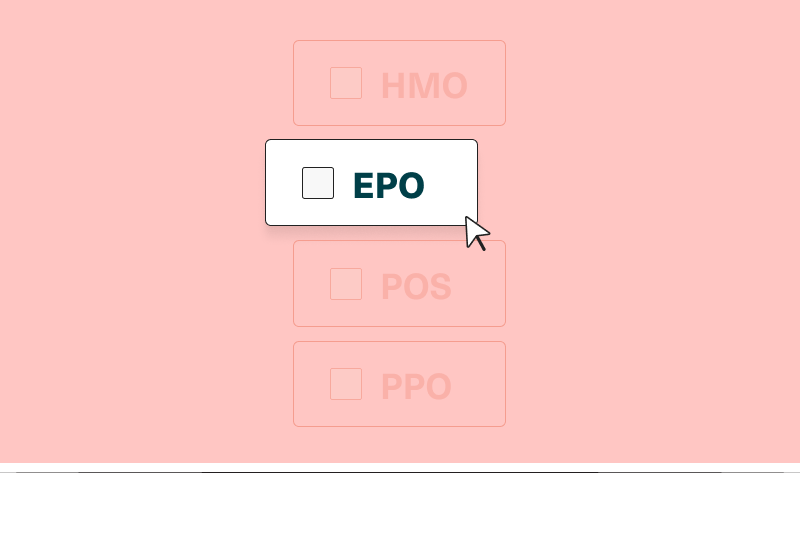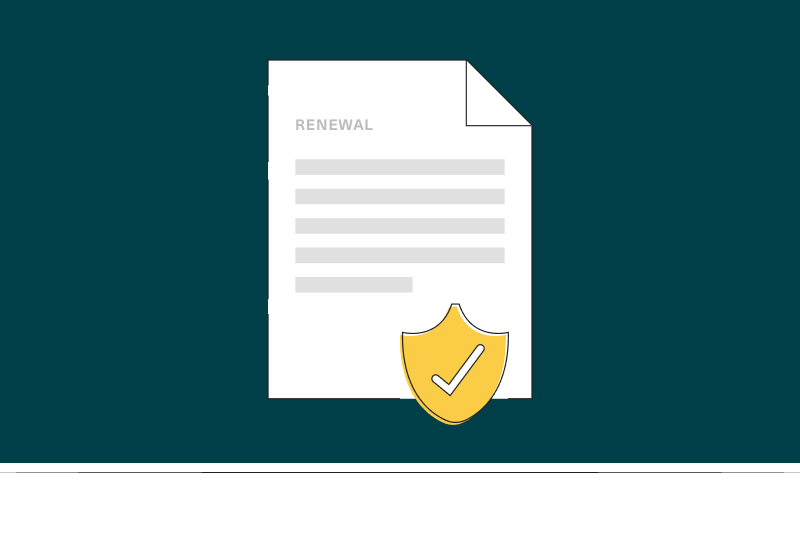Learn how to set up an HSA for small businesses

Related: Choosing the best small business affordable health insurance
Before learning how to set up an HSA for small businesses: What is an HSA?
If you’re exploring health insurance options for your employees, you may be wondering how to set up an HSA for small businesses. Health savings accounts, or HSAs, add value to your health plan and save you and your employees money. Make sure you know how they work before enrolling in one.
According to Mayo Clinic, HSAs “are like personal savings accounts, but the money in them is used to pay for health care expenses. You — not your employer or insurance company — own and control the money in your HSA.”
The same source highlights a few facts that may help you understand how HSAs work:
- A bank or other financial institution may offer HSA options through your company, or your employees can open one independently. Applicants must be younger than 65 and have a high-deductible health insurance plan (HDHP) to qualify.
- Your employees’ spouses must also be enrolled in an HDHP if they use their partners’ insurance for secondary coverage.
- Your employees must only have HDHP coverage. They can, however, have extra dental, vision, disability, and long-term care insurance plans.
- Plans with high deductibles won’t pay until members have spent at least $1,400 individually or $2,800 as a family on health care, although deductibles may vary. Those with individual insurance can deduct up to $7,000, and families can deduct up to $14,000 maximum.
An HSA can reduce health insurance costs, including deductibles, copays, and premiums. It is a tax-free account used for paying medical expenses, and its fiscal benefits let your employees use it to cover certain medical costs with pre-tax funds.
In some cases, you can choose an HSA-eligible plan with the best insurance companies if your business is eligible and your employees qualify. HSAs can be an excellent option for your small business to manage its insurance budgets or to offer health insurance to your employees for the first time.
Advantages of setting up an HSA
Learning how to set up an HSA for small businesses starts with getting more information about the benefits HSAs bring. Below are some of the pluses of setting up an HSA in addition to health insurance at your company:
HSAs are a joint effort between you and your employees
Contributions to an HSA can come from anyone, including your company, employees, or family members.
Your employees’ funds are always available
The money in your employees’ HSA remains available despite changes in their health insurance plan or job. The funds are theirs to spend whenever they like. Contributions to an HSA are never lost because they continuously roll over to the following year.
Your employees can cover a variety of medical expenses
Your employees may pay for medical costs, dental fees, and mental health coverage. Additionally, over-the-counter medications and feminine products qualify for HSA reimbursement.
Take advantage of tax-related benefits for you and your employees
HSAs offer tax advantages to your small business as well as to your employees. If you deposit pre-tax dollars into an account, you can deduct them from your employer’s paycheck; they don’t count toward your gross income. These contributions are generally not subject to state income taxes.
After-tax, the employee who makes these contributions can usually deduct them from their gross income on taxes, resulting in a lower tax bill. If you or your employees withdraw funds from your HSA for qualified medical expenses, you might not have to pay federal or state taxes on the withdrawals.
Related: What’s the Average Company Health Insurance Cost?
Setting up an HSA for small business
Based on information from HealthCare.gov, the first step is to sign up your employees for an HSA-eligible plan. This is a separate process from opening an HSA. This resource recommends you take the following steps to learn how to set up an HSA for small businesses:
Step 1: Find an HSA financial institution
First, search online for HSA providers. You may also use HSA comparison websites or contact your healthcare provider, as they may partner with HSA financial institutions. You can also contact your bank to see if they have an HSA option to match your employees’ needs.
Step 2: Take note of special considerations for offering HSAs
There are important factors to research while learning how to set up an HSA for small businesses. For instance, HSAs may charge fees for opening or closing accounts, and some require a monthly maintenance fee. HSA providers can also provide different banking services, such as debit cards and online banking, which your employees may be interested in. Employees may also deposit pre-tax dollars into their HSAs in different ways, depending on the bank.
Step 3: Review IRS updated information
Before making a final decision on your HSA provider, be sure to review the latest versions of IRS Publication 502 for a list of qualified medical expenses and Publication 969 for information on the tax treatment of HSAs.
Step 4: Evaluate the downsides of offering an HSA
It is essential to take the downsides of HSAs into account and communicate these with your employees, so they feel well-informed when making their decision. HSA applicants must have an HDHP, as previously mentioned. An employee with a high deductible policy will pay a higher premium than someone with an affordable health insurance plan.
HSAs also require that individuals and families save a consistent amount, which is not always possible for everyone. There are also taxes, fees, and penalties associated with these accounts. Furthermore, since beneficiaries are subject to IRS regulations, they must keep tight control over their medical expenses and all receipts.
Decide whether an HSA makes sense for your small business
It is important to note that providing an HSA is not a mandatory element of any benefits package and is not a replacement for your employees’ health insurance. Instead, HSAs are aggregates that can be useful in various situations described above, depending on the characteristics of your company, as well as your employees and their needs.
HSAs: Are HSAs a good option for small businesses overall?
In addition to offering tax benefits, HSAs allow you to roll over unutilized funds to HDHPs. But occasionally, these plans may not be the best option, especially if you expect your employees to pay high healthcare costs.
Regardless of your company’s size, it’s essential to provide health coverage for your employees. Fostering a supportive work environment through a comprehensive health plan is the first step to enhancing your reputation and making your business more competitive in the job market.
If you are interested in adding an HSA to your health benefits, Sana offers comprehensive care, transparent pricing, and flexible plans that fit any budget. For instance, we offer lower premiums and deductibles with our PPO Plus HSA (H and HD) plans. PPO Plus HSA plan members generally contribute to their HSAs.
The HSA plan covers medical costs up to the deductible amount. Once users reach the deductible, coinsurance and copay amounts are due until they get the maximum out-of-pocket amount. At this point, all expenses are covered by the plan. It may be a good idea to choose a PPO Plus HSA plan for your small business if your employees typically see doctors only occasionally and would like to spend less on premiums with a pre-tax HSA.
You can find out for yourself if Sana’s HSA-eligible and other plans are suitable for you by requesting a quote today.






